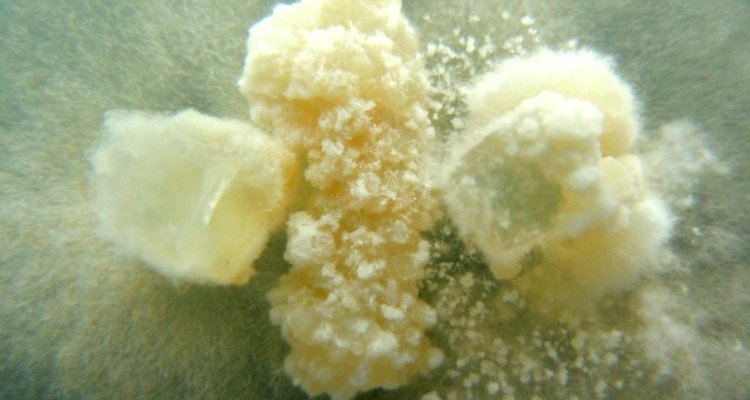
Project
Mitochondrial genome evolution in a symbiotic fungus
The basidiomycete Termitomyces is a genus of mutualistic fungi cultivated by termites. Its unusual life cycle and potential nutritional value for humans render it both of scientific and economic interest. My project focuses on the exotic mitochondrial DNA of these fungi; the causes and consequences of its strange genomic architecture, its potential biparental inheritance and recombination, the interactions with virus-like plasmids, and its evolutionary history. We address both fundamental questions regarding e.g. mtDNA evolution, as well as apply our data to test specific hypotheses concerning the life cycle of Termitomyces and its evolutionary history.
Aim
The primary goal is to understand how the life cycle and mating process of Termitomyces has affected the evolution of its mitochondrial DNA. We are also interested in the distribution of virus-like mitochondrial plasmids and their potential as indicators of asexual isolation.
Approach
Our primary strategy is low coverage next-generation sequencing of available specimens from fungal collections, and reconstructing complete or partial mitochondrial genomes. We use these genome assemblies for phylogenetic reconstructions of fungi and plasmids. We also perform lab experiments, for example horizontal transfer of plasmids between different fungal species, and mating experiments to look for recombinant mtDNA.
Student Opportunities
We are open to applications for thesis projects! We have different thesis topics available concenrning Bioinformatics, genomics and Phylogenetics.
- Thesis projects
- Are you interested? Please contact Mathijs.Nieuwenhuis@wur.nl.